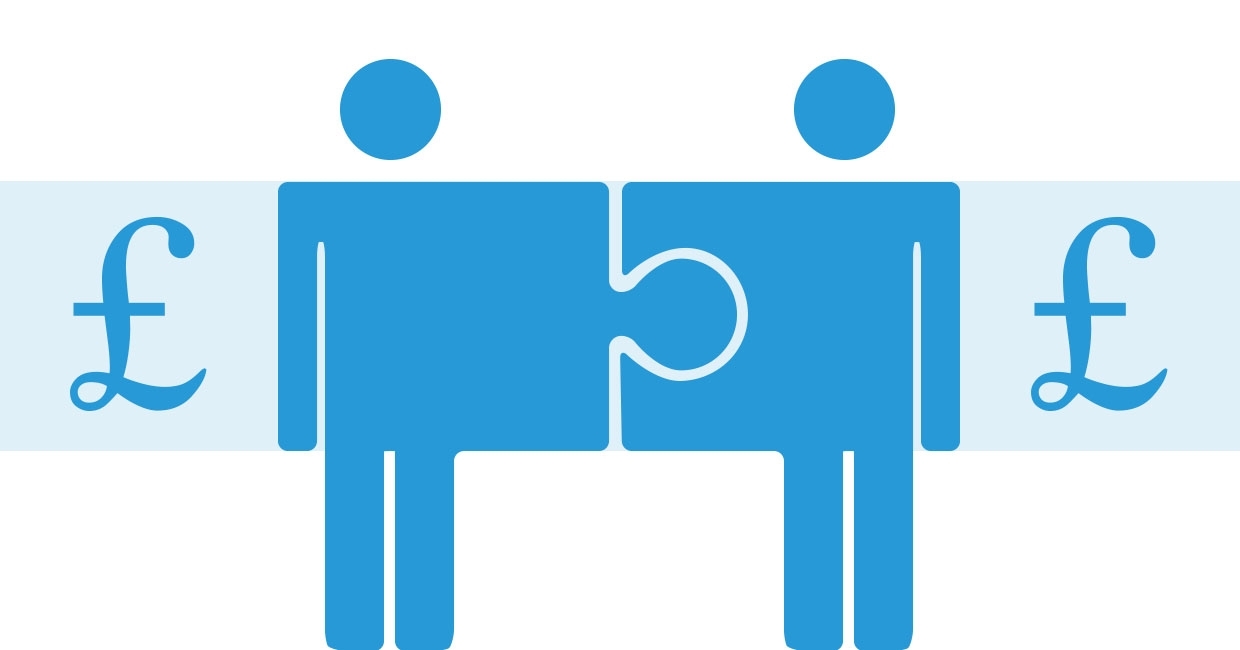“In the past two weeks, 31% of your work time was devoted to email communication. That’s 24 hours 34 minutes! Is your job title ‘professional email sender’?”
This message was sent by a time-tracking application which I recently installed on my laptop and smartphone.
In fact, the message itself was an email, too – but instead of sending it to the trash, I’ve spent some time reflecting on this insight.
My profession has always been journalism, so I’m supposed to write a lot for my job, and I really find it exciting. But writing articles on the furniture business, and sending emails just to prepare the ground, are not the same thing.
Indeed, email communication takes a big chunk of my time. There’s no doubt that writing emails is good for my work – our magazine has a lot of partners all over the world, and I cannot travel to every single meeting. I also can’t easily reach many of our partners by phone because they’re in different time zones. And some respondents prefer to send answers for their interviews by email (although that’s against the rules of the traditional interview).
Generally speaking, instant communication helps to make every business more efficient. At the same time, I’m not yet at the level of personal development (and I guess many of us aren’t) when I would hire a personal assistant to handle all my communication tasks.
So, I’ve asked myself – is there anything else that I’d like to improve in my work, even if it’s already efficient enough?
The answer was yes, my health – because to stay effective in my work in the long term, I have to be healthy, both physically and mentally.
In an era of online intoxication, more and more people are coming round to the idea that they have to somehow change their way of living and working. But while it’s simple enough to reduce the level of technical intervention in our personal life by spending more time with our families and friends when all the gadgets and screens are switched off, it is barely conceivable to do the same in business.
In my case, the most serious consequence of getting stuck online is problems with my back. If I continue to look down at gadgets, maybe in 15-20 years you’ll see a picture of hunched man in the shape of a question mark next to a column like this.
After realising this, I’ve figured out a new criteria for making choices in my everyday work – is the thing that I’m going to do really good for my vertebrae?
After applying this over a couple of months, I’ve noticed some small yet important changes. Sometimes, in cases where everything could be fixed over the phone or by email, I still insist on meeting a business partner in person, just to switch my view from the screen. I say: “No, emailed catalogues are not enough, I’d rather go to your showroom and see how your furniture looks on-site – can you join me there?”
Nowadays, personal communications in business, a face-to-face talk with your client or potential customer, seem to be becoming more valuable than ever. Because, by our nature, we always value those things and experiences that we are lacking most. And since every business is about the people behind it, couldn’t we say that a lack of personal communication between people in business means a lack of business, too?
If your challenge is choosing the right tools for keeping your business healthy, as long as a real smile is a more valuable prize from your business partner than any email emoji, going back offline is the right choice.
Because meeting people in person, while giving writing emails a rest and wearing your smile offline is not only good for your business – it’s good for your back, too.
Artem Vasiliev is the chairman of the International Alliance of Furnishing Publications (IAFP), a global association of leading furniture trade magazines from 18 countries (including Furniture News in the UK) which aims to build awareness of and access to new markets, whilst promoting best practices in publishing. He is also the international editor of Mebelny Biznes magazine (the IAFP’s Russian member).










